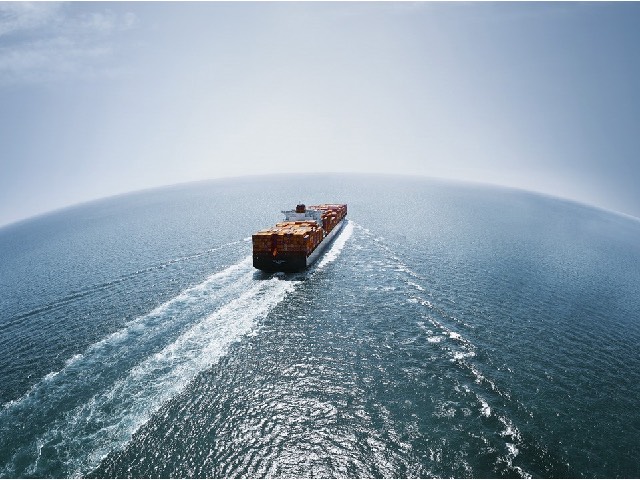This crisis is different: What the coronavirus pandemic means for the global shipping industry
Without a doubt, shipping is sensitive to economic cycles – but it is also used to crises (think of the Great Depression, the recession in the early 1980s recession, and the financial crisis of 2008/2009). The international banking crisis of 2008 turned our industry upside down. Even in 2014, when I took the helm at Hapag-Lloyd, the waters were still stormy for global liner companies, as the repercussions of the financial crisis were felt in nearly all sectors of our industry for almost an entire decade. However, I don’t think that the corona pandemic will have the same impact. And here’s why.
Comparing crises: 2008 vs. 2020
The financial crisis that began in 2008 had its roots in a single geographic hot spot – the US real estate market – before it spread to financial institutions across the world. Today’s situation is very different. The spread of the COVID-19 disease has abruptly interrupted supply chains worldwide. State-imposed countermeasures to combat the virus, such as curfews and the temporarily shutdown of stores and factories, and caused global demand to nosedive The IMF says the global economy is projected to contract sharply (by –11 percent) in 2020, which is much worse than during the 2008/2009 financial crisis.
Better prepared to weather a crisis
With our fingers on the pulse of global trade, we directly “feel” the weakened demand which causes a decline in container volumes. Researchers from Clarkson´s estimate that volumes will drop by more than 10 percent this year. Granted, this is worse than it was during the 2008 financial crisis. But will we also see liner companies going bankrupt and another wave of consolidation shrinking the number of carriers even further? I doubt it. Today’s shipping industry is different than it was 12 years ago. Whereas orderbooks were full in 2008, they are at a record low today, and most liner companies have stronger balance sheets and much smaller investment plans than some years ago.
The de-globalization trend is nothing new
The financial crisis clearly revealed the vulnerability of the global financial system, and the subsequent recession started to slow the pace if not turn back the trend of global economic integration. The coronavirus pandemic is currently exposing the latent weaknesses of international supply chains that rely on single sourcing for crucially needed items, such as medications and protective equipment. This has prompted many countries to start thinking about ways to ensure its “strategic autonomy”, which may change the nature of globalization.
Post-Covid-19 globalization: Similar, but different
If globalization is profoundly transformed, one can also assume that it will have major impacts on our industry – such as less long-haul business, smaller volumes and possibly fewer carriers. But diversification of manufacturing from China to other markets in Southeast Asia was something that we already saw in motion before the coronavirus crisis. We have seen trade flows and supply chains adapting quickly. While China’s volumes have gone slightly down, intra-Asian volumes have gone up. Certain industries, most prominent example pharmaceuticals, will very likely rearrange their supply chains and shift to a multi-sourcing approach in order to make their supply chains more resilient. We might lose one or two containers as a result of these changes, but we will gain containers elsewhere as cargo flows are reorganized. The bottom line is this: Globalization will not end. It will reshape. It will look different. And our industry will also not end. It will also look different. It will also reshape itself. It will adapt to new conditions – just like it has for decades.
Source: Hapag Lloyd









































